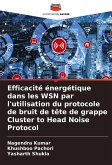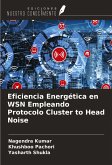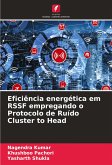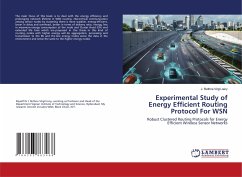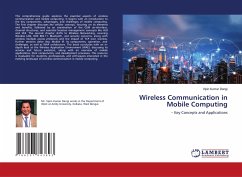The wireless sensor networks is the decentralized and self configuring type of network in which senor nodes can sense information and pass it to base station. Due to decentralized nature and far deployment energy consumption is the major issues of wireless sensor networks. To reduce energy consumption of wireless sensor hierarchal clustering is the efficient type of clustering technique. In this scheme whole network will be divided into fixed size clusters and cluster heads are selected in each cluster. The cluster heads are selected on the basis of energy and distance from base station. The sensor node which has least distance from the base station and has maximum energy is selected as cluster head. In this research work, WEMER protocol is implemented and improved to increase lifetime of wireless sensor networks. In the WEMER protocol, whole network is divided into clusters and cluster heads are selected in each cluster. The leader nodes are also selected in the network which take data from the cluster heads and pass it to base station.
Bitte wählen Sie Ihr Anliegen aus.
Rechnungen
Retourenschein anfordern
Bestellstatus
Storno



